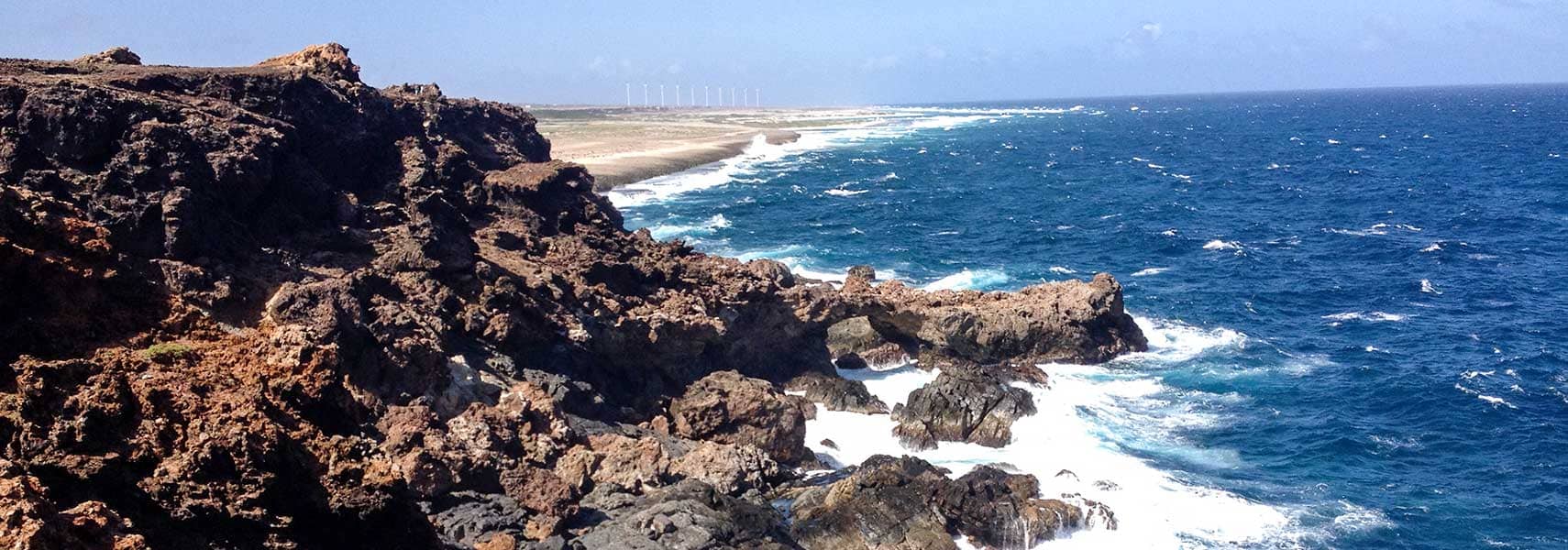Discovering the Allure of Aruba
When you think of an idyllic getaway, the enchanting island of Aruba often comes to mind. Nestled in the South Caribbean Sea, just north of Venezuela, this Dutch island is part of the ABC islands, which also include Bonaire and Curaçao. Aruba, with its stunning landscapes and vibrant culture, stands out as a true gem of the Caribbean.
Geographical Features of Aruba
Aruba boasts a compact area of 180 square kilometers, comparable to Liechtenstein or slightly larger than Washington, D.C. This island's geography predominantly features flat terrain, complemented by a few gentle hills that rise modestly from the landscape. Interestingly, Aruba experiences a tropical marine climate, which results in warm temperatures that remain around 27 degrees Celsius (81 degrees Fahrenheit) year-round.
Climate and Environment
Thanks to the constant trade winds from the Atlantic Ocean, Aruba’s tropical climate remains moderated, creating ideal conditions for visitors. The island's enchanting white sand beaches stretch along the coastline, attracting both tourists and locals who enjoy sunbathing, swimming, and beach sports. Also notable, the cool breeze balances the tropical heat, enhancing the island's charm.
Rich Culture and People
With a thriving population of about 110,000 people as of December 2015, Aruba's cultural diversity is one of its most impressive features. A blend of ethnic groups, mostly mixed white and Caribbean Amerindian, composes approximately 80% of the population. Furthermore, the island is home to three official languages: Dutch, Papiamento, and English; this multilingualism illustrates the rich cultural fabric of Aruba.
Religious Diversity
In terms of religious beliefs, around 90% of the population adheres to Christianity, while Hinduism and Islam are also present among Aruban communities. This religious diversity contributes to the vibrant culture, making Aruba not just a travel destination, but also a place of profound understanding and interaction among various faiths.
Government and Political Structure
Aruba operates as a parliamentary democracy. While it maintains a significant degree of autonomy over its internal affairs, it remains a constituent country of the Kingdom of the Netherlands. This relationship affords Aruba independence in many areas while the Dutch government manages its external affairs and defense.
Economic Overview
Tourism stands as the backbone of Aruba's economy, drawing millions of visitors each year. The dazzling beaches and vibrant nightlife attract tourists looking for relaxation and adventure. Besides tourism, Aruba relies on transshipment facilities and oil refining as vital components of its economy. Thus, the nation's economy significantly benefits from both locals and visitors alike.
Agricultural Products and Natural Resources
The island's agricultural activities center around a few key products, with aloe vera being particularly noteworthy. Additionally, livestock and fish contribute to the local economy, highlighting the island's connection to its natural resources. The wealth of sun, sand, and surf creates an inviting atmosphere that only enhances Aruba's appeal as a travel destination.
Trade Relations and Exports
Aruba maintains a diverse range of trade relationships, with the most noteworthy export partners including Colombia, the Netherlands Antilles, and the United States. In 2015, Colombia alone accounted for nearly 28.2% of Aruba's total exports. This strong trade dynamic facilitates economic growth and international relations, further solidifying Aruba's position in the Caribbean basin.
Community and Lifestyle
Life in Aruba pulsates with vibrant energy. The island's residents are known for their warmth and hospitality, making visitors feel at home. Whether exploring local markets, tasting traditional dishes, or participating in annual festivals, tourists quickly immerse themselves in the everyday life of Aruba. Events such as Carnival showcase the island's rich heritage and allow visitors to revel in the local culture.
Conclusion: A Destination Worth Exploring
In summary, Aruba captivates with its stunning natural beauty, diverse culture, and welcoming spirit. Whether lounging on its pristine beaches or engaging with locals, visitors discover that Aruba is not just a destination; it's an unforgettable experience. The island’s blend of a lively atmosphere and serene landscapes creates the perfect backdrop for vacationers seeking relaxation and adventure alike.
Largest cities of: Aruba
| City Name | Population | Year of foundation | |
| Oranjestad | 30,000 | 1796 | |
| San Nicolas | 18,000 | 1824 | |
| Palm Beach | 11,000 | 1840 | |
| Noord | 9,500 | 1796 | |
| Pos Chiquito | 3,000 | 1824 | |
| Savaneta | 3,000 | 1525 |


